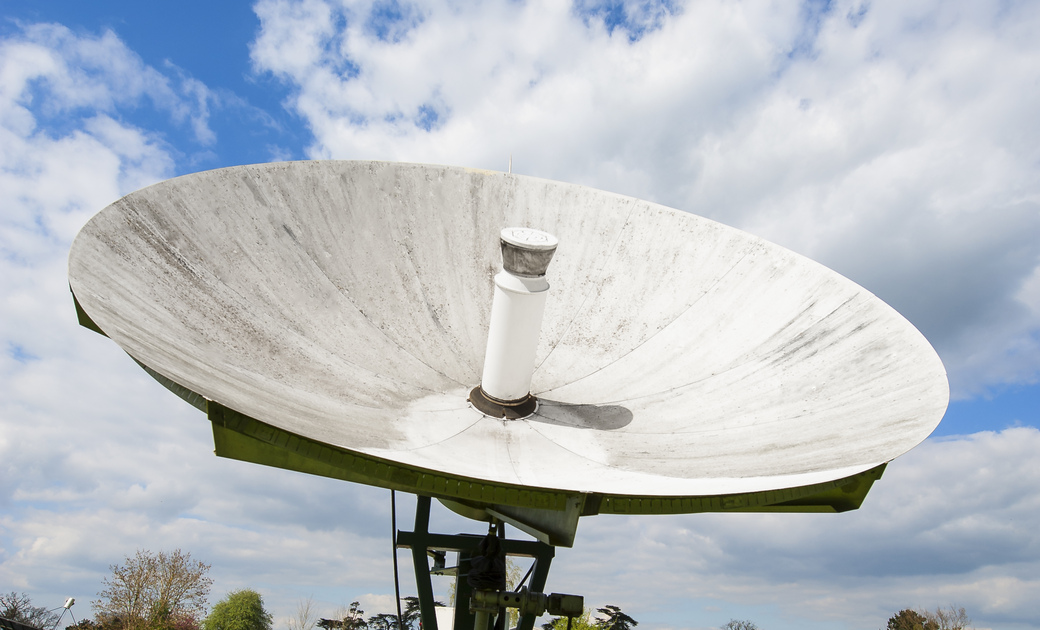Astrophysics and Physics
Hello Everyone!
Welcome to the Astrophysics and Physics resources page.
Here you will find out exactly what our academics are looking for in their students, including skills they look out for, some of the topics they want you to know, recommended reading and useful places to boost your knowledge.
So without further ado let's get started!
Skills we are looking for
- Effective problem solving skills
- Developed writing skills, including but not limited to technical writing*
- The ability to work on their own initiative
*Technical writing is done for the purpose of educating, informing or directing someone on how to do something.
Topics to explore before you start
- Mechanics
- Fields
- Radiation
- Thermal physics
- Measurements and errors
- Calculus
- Algebra
- Trigonometry
- Vectors
- Programming language, ideally Python
Cosmology is the study of the evolution of the universe. The standard model of cosmology consists of three main elements, the Big Bang, dark matter and dark energy. But we don’t know what the Big Bang was, what dark matter is or what dark energy is! You might ask why do we have this model? This lecture explains why and introduces the evidence that has led us to the standard model.
95% of the universe is dark energy and dark matter, but we do not know what they are. In this taster, we explore The Dark Universe in greater detail than our first Cosmology Masterclass. We present the evidence for their existence, examining their temperature and bullet clusters, to theorise their key properties. We explore what dark matter could be and what it's not. Using computer simulations we discuss how dark matter is distributed across the universe and the formation of the cosmic web, gases, stars and galaxies. We also introduce some of the experiments currently taking place to try and create a dark matter particle. Plus, we explain some of the career options available to students who study physics, astrophysics and maths.
Recommended reading to prepare for university
First-year problem-solving in classical physics
- Halliday, D., Resnick, R., and Walker, J. (2020) Halliday and Resnick′s Principles of Physics (11th edn.), USA, Wiley. ISBN: 1119454018.
- Kamal, A.A. (2011) 1000 Solved Problems in Classical Physics: An Exercise Book, London, Springer. ISBN: 3642119425.
Other first-year core textbooks
- Jewett, J., and Serway, R. (2007) Physics for Scientists and Engineers with Modern Physics (7th edn.), England, Brooks/Cole. ISBN: 0495112402.
- Taylor, J.R. (1997) An Introduction to Error Analysis (2nd edn.), California, University Science Books. ISBN: 0935702423.
Scientific writing
- Alley, M. (2018). The Craft of Scientific Writing (4th edn.), London, Springer. ISBN: 1441982876.
Astrophysics specific books
- Devereux, C. (2020) Cosmological Clues: Evidence for the Big Bang, Dark Matter and Dark Energy, London, Taylor & Francis. ISBN: 0367407302.
Websites our academics recommend
The Conversation is an independent source of news and views, sourced from the academic and research community and delivered direct to the public
A leading web-based science, research and technology news service which covers a full range of topics.
Sci-News.com provides the latest science news from around the world, covering breaking news in astronomy and astrophysics, archaeology, palaeontology, medicine, biology, physics, genetics & more.
Dark Energy Explorers Project:
Identify distant galaxies to help measure dark energy when the universe was just ~2-3 billion years old.
Help astronomers locate and identify supermassive black holes and starforming galaxies!
Learn LaTeX
LaTex is a tool used to create professional-looking documents.
Learn LaTex in 30 minutes on the Overleaf website
Professional bodies to research
The Institute of Physics is the professional body and learned society for physics in the UK and Ireland, inspiring people to develop their knowledge, understanding and enjoyment of physics.

Courses Herts offer
Interested in studying Physics or Astrophysics here at Herts?
Take a look at our undergraduate courses below:
- BSc (Hons) Astrophysics
- MPhys (Hons) Astrophysics*
- BSc (Hons) Astrophysics with Space Science
- MPhys (Hons) Astrophysics with Space Science*
- BSc (Hons) Physics
- MPhys (Hons) Physics*
- BSc (Hons) Physics with Space Science
- MPhys (Hons) Physics with Space Science*
*Our MPhys degrees allow you to achieve a Masters level qualification at an undergraduate level. These courses are 4 years long (instead of the standard 3 years).
The courses listed above all have the opportunity to add an additional year to study abroad or do a work placement.
Get a feel for studying at Herts
Contact us
We hope you all found these resources useful but we appreciate that you may have more questions.
If you have any questions regarding our campuses, facilities, accommodation or just general life here at Herts, you can contact current Herts students via Unibuddy.
